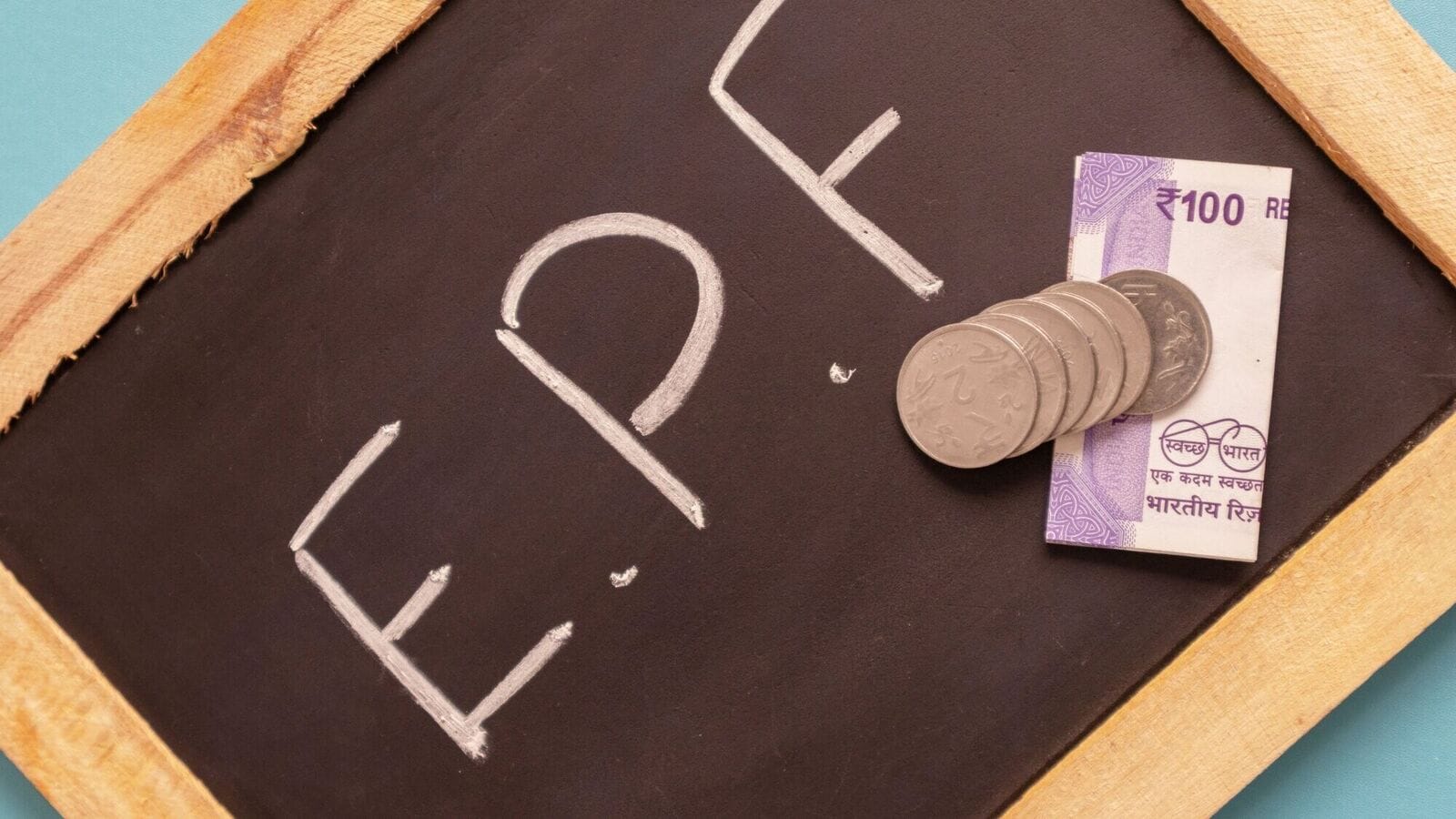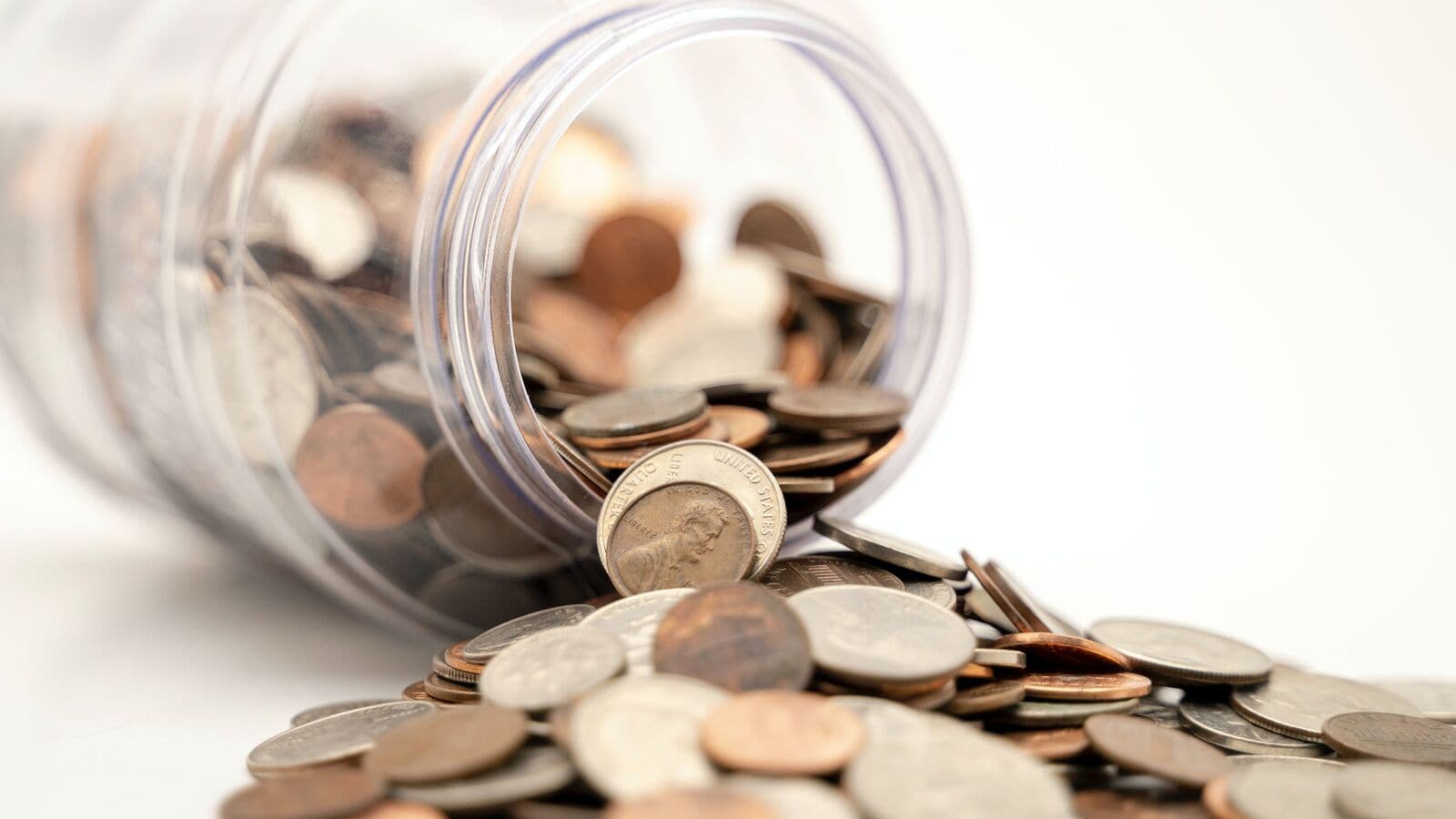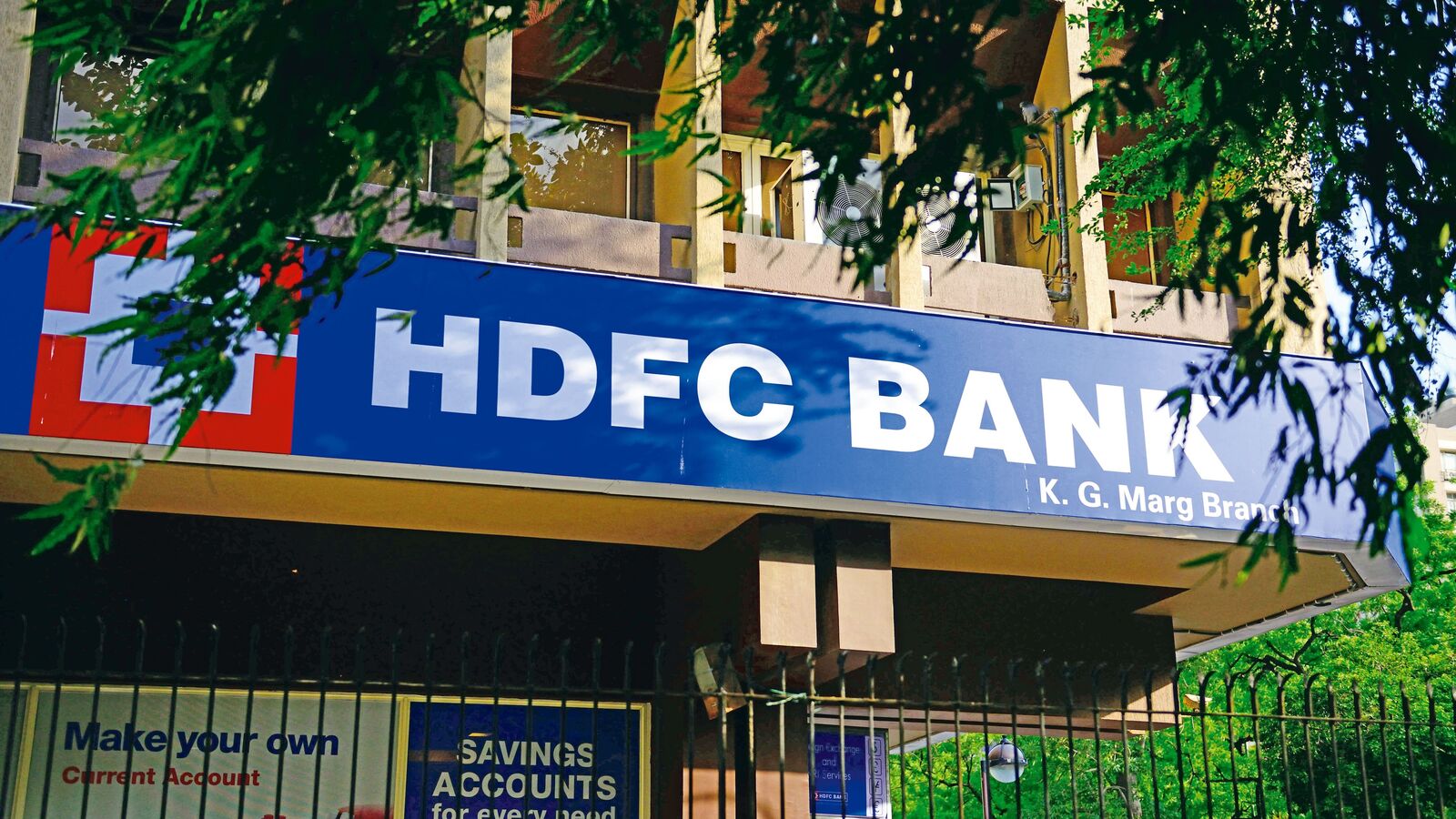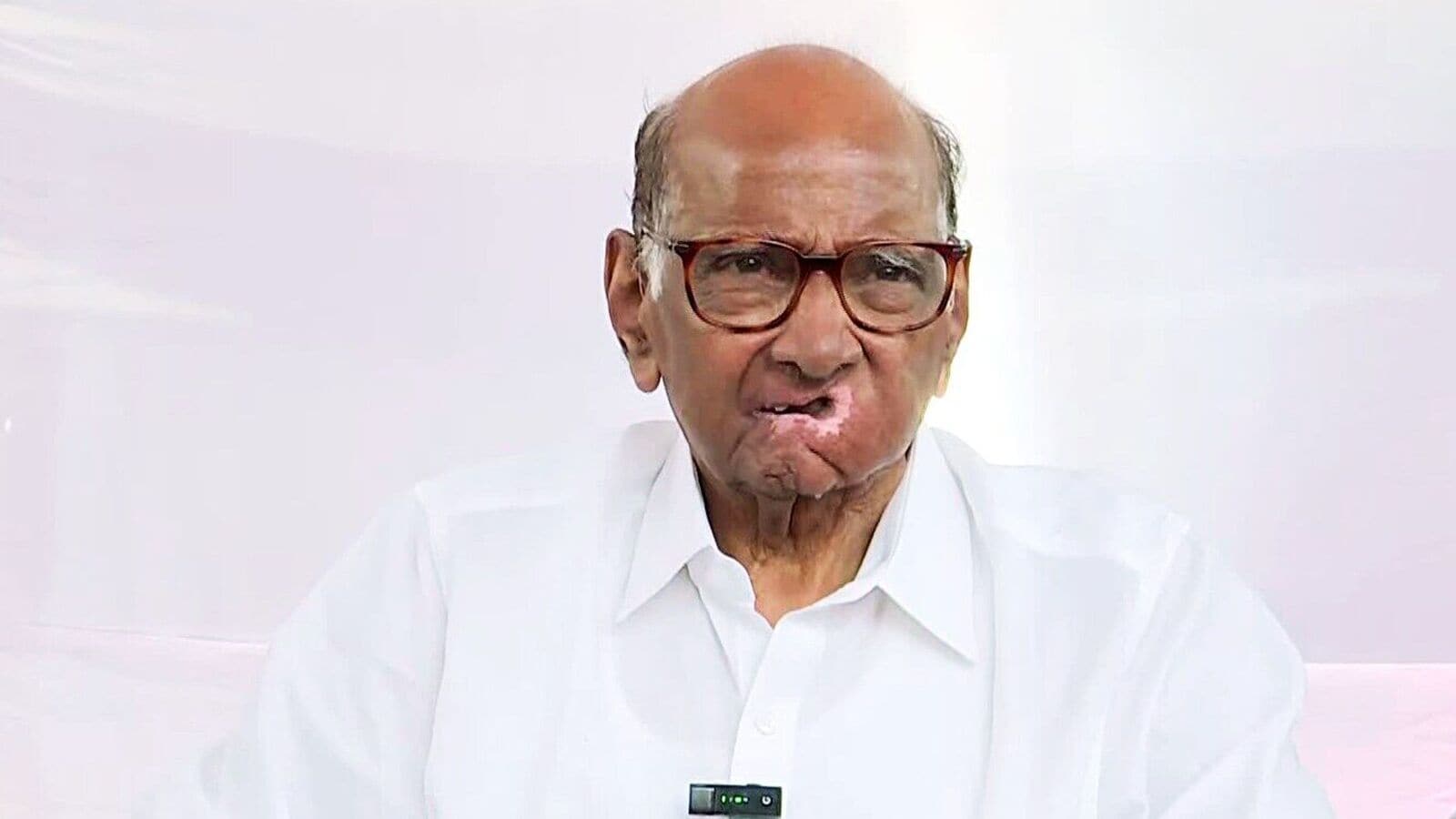[ad_1]
A recent government notification, however, stumped him. The government said it would stop paying interest on NSS accounts from October 1. For the period from 1 March 2003 to 30 September 2024, the NSS interest rate was 7.5% per annum.
The government’s decision left Shah and other investors in the small savings scheme in a quandary. If Shah withdraws the amount now, both the principal and interest will be taxable.
“I had earmarked my NSS funds for my retirement and succession planning. I had plans to withdraw the amount in such a way that I attract the least tax on it. The recent notification triggers a forced withdrawal. You cannot treat forced withdrawal the same as a voluntary withdrawal. Such a sudden change in the rule is an absolute breach of trust,” said Shah.
Some people have maintained their accounts to leave a legacy for their family members. This is because if the legal heirs of NSS account holders withdraw the amount after their death, the entire amount becomes tax free.
“It is as good as a life insurance policy for NSS account holders,” said Shah.
NSS-87 was launched in 1987 and discontinued in 1992. A fresh series, NSS-92, was launched in 1992 but was discontinued in 2002. No other NSS schemes have been launched since then. NSS-87 allows one withdrawal in a year, but there is no limit on withdrawals from NSS-92.
One should not confuse NSS with the National Savings Certificate (NSC), which is an entirely different small savings scheme. There is no change in NSC.
Higher tax liability
Take the case of Jodhpur-based Durgesh Chordia (65). She herself has funds in NSS, along with her 90-year-old mother and mother-in-law.
“At a family level, we have about ₹45 lakh invested in NSS-87 and NSS-92. Such a sudden change is simply unfair. My mother and mom-in-law do not have to pay taxes. The one-time withdrawal will push them to higher slab rates,” said Chordia.
Ahmedabad-based Bharat Shukla (80) is worried he will fall into the 30% tax bracket if he withdraws his NSS funds.
“My tax liability will essentially be higher than the aggregate amount I invested in it when the scheme was open. The government took money from us when it needed it. Now they don’t want to manage NSS accounts. They are indirectly making us withdraw all the amount without realising how it will impact senior citizens. A one-time tax immunity or a fixed lower tax rate should be considered,” said Shukla.

View Full Image
The finance ministry issued a circular regarding various irregular, or multiple, accounts in small savings schemes on 12 July, saying that all accounts opened under NSS-87 and NSS-92 would get zero percent rate of interest from 1 October 2024. The gazette notification in this regard was issued on 29 August.
“The balances at the credit of the subscribers of the National Savings Scheme under these rules, on or after the 1st day of October 2024, shall bear no interest,” the ministry added.
Shah, Chordia and Shukla confirmed that no personal communication from the government or post office has come to them. They happened to find out about it only recently via social media and newspapers.
If NSS funds are withdrawn in the ongoing financial year, they will get added to your taxable income. Chartered accountant Anurag Jain, co-founder and partner at ByTheBook Consulting LLP, a tax consulting firm, suggested the government should at least offer tax relief to NSS depositors.
“The recent changes impose a burden on those who viewed these investments as financial security and kept the same as a long-term investment. The government could consider providing a one-time benefit to transfer such corpus to alternative schemes like the National Pension System (NPS) or provident funds, similar to the one-time tax-free transfer allowed under the Finance Act of 2016 from Employee Provident Funds to NPS accounts,” said Jain.
Shah has written to the finance ministry to reconsider the new rule.
“I will not be withdrawing my funds as yet. I want to represent our case to the government. The government could have just stopped interest credit on irregular accounts and continue with others,” he said.
Matter of trust
The Gujarat Chamber of Commerce and Industry has written to the Central Board of Direct Taxes seeking a one-time withdrawal option without tax until March 2025. One will have to wait and watch if the government pays heed to the depositors’ demands, but one thing is sure: it will send the wrong message about the government’s small savings schemes.
“If the government discontinued NSS today, what if something similar happens with PPF or any other small savings scheme in the future? People may feel wary about doing their retirement planning with small savings schemes,” said Abhishek Kumar, a registered investment advisor and founder of Sahaj Money.
To be sure, the government in Budget 2016 proposed to impose a retirement tax on superannuation funds and recognised provident funds, including EPF. It said that only 40% of the corpus would be tax free, while the remaining 60% would attract tax as per the slab rate. The government rolled back the proposal later but made EPF contributions taxable in a diluted form in Budget 2021.
Now interest on an employee’s EPF account contribution over ₹2.5 lakh in a financial year is taxable. Similarly, in 2021, it reduced the interest rate on the Public Provident Fund and the NSC to 6.4% and 5.9%, respectively. It rolled back the announcement and maintained the status quo in a day.
These two scenarios would not have impacted investors retrospectively, but the NSS rule change is retrospective in nature.
“Interest rates and tax rules are bound to change. The retrospective change in NSS, however, is surprising and suggests one should not entirely rely on government schemes alone for retirement planning,” said Kumar.
In case the government does not offer any tax relief to NSS investors, they should discuss the timing and value of withdrawals with tax experts or financial advisors. Kumar said if the amount is withdrawn in two financial years, one could save tax to the tune of ₹1.8 lakh.
“Those in lower tax brackets will be impacted the most because their slab rate will go upwards with the increase in the taxable income. They should withdraw it in tranches. Those in the 30% bracket may do it in one go because their tax liability on NSS funds will remain the same in both years,” said Kumar.
[ad_2]
Source link










Leave a Reply